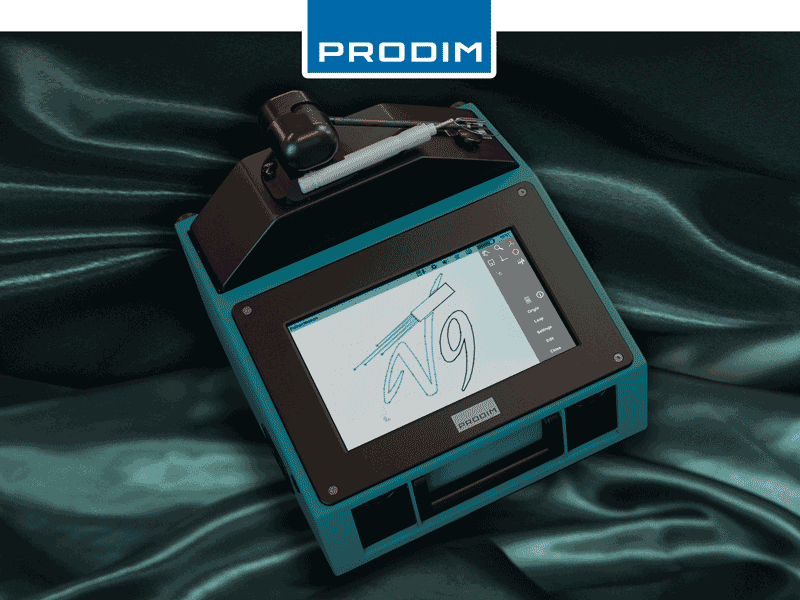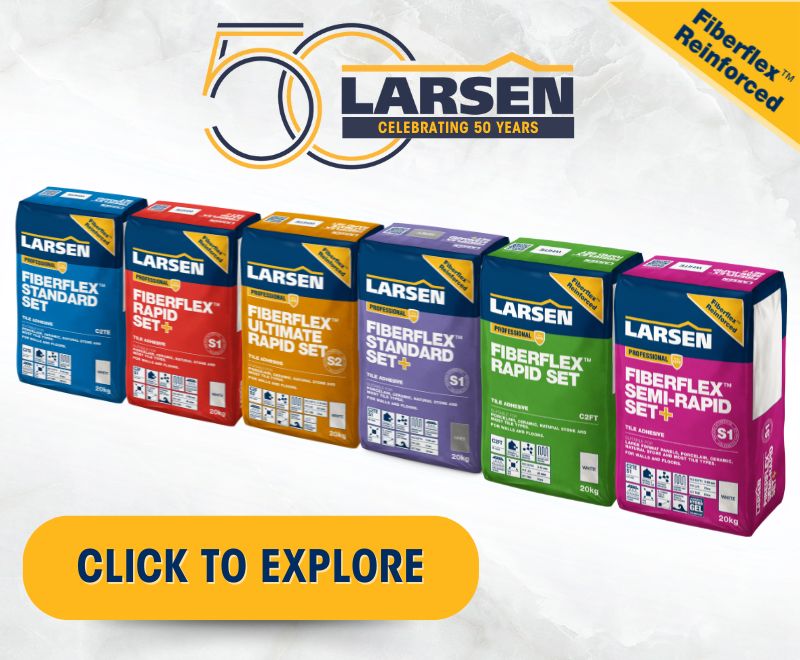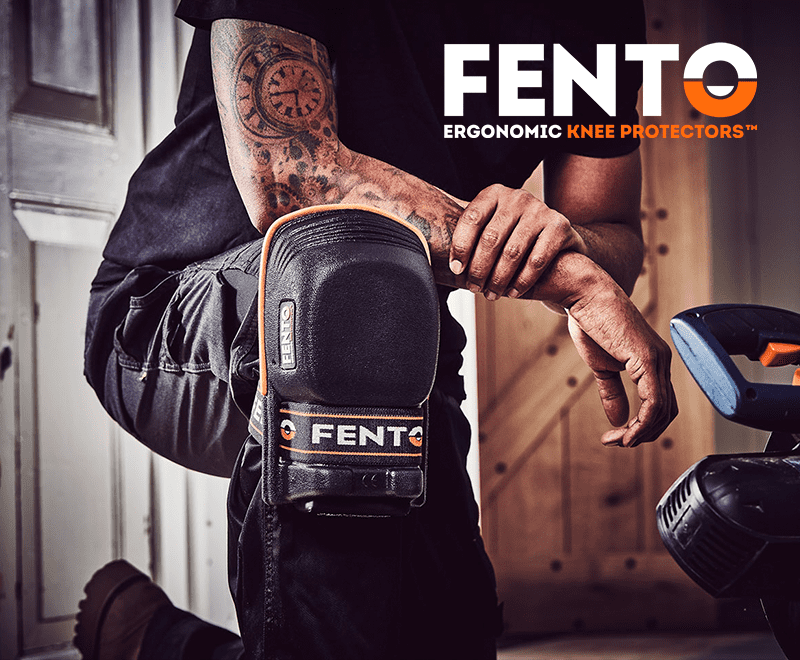In this article, Will Fleming, sustainability and environmental manager at Mapei, discusses the company’s efforts to minimise its impact on the environment.
Mapei is globally recognised not only for its high-performance building solutions but also for its unwavering commitment to sustainability. Making up one of the four of Mapei’s strategic pillars (Sustainability, Research & Development (R&D), Specialisation, and Internationalism), sustainability is taken very seriously. At the heart of Mapei’s product development process lies a holistic approach that integrates rigorous R&D, strategic raw material acquisition, streamlined manufacturing processes, a suite of environmental initiatives, tailor made formulations and stakeholder engagement. This synergy ensures that products, from adhesives to waterproofing systems, are engineered with minimal waste outputs, reduced water consumption, sustainable raw materials, optimised packaging, low volatile organic compounds (VOCs) and a significantly reduced carbon footprint, ultimately leading to some of the most transparent and reliable construction materials on the global market.
Research & development: Sustainability from the start
Sustainability begins in Mapei’s laboratories. We invest significantly into R&D, with a clear focus on creating formulations that are both high-performing and environmentally responsible. Low VOC formulations are created and longer durability and product performance is enhanced through monitoring the crystallisation process of the formulae.. Low environmental impact raw materials and compatibility with recycled materials are central to the design criteria at this stage of development. Our R&D teams also work closely with stakeholders to tailor solutions that reduce energy consumption during application and curing, minimise waste and increase the product’s useful lifespan. Products undergo lifecycle assessments (LCA) during and after development, allowing us to measure and minimise environmental impact in key areas of the product’s life cycle.
Raw material acquisition: Responsible and localised sourcing
Mapei’s supply chain strategy ensures the ethical and sustainable sourcing of raw materials. Wherever possible, we select local suppliers to reduce transportation emissions. We also ensure all raw materials meet strict quality and performance criteria. Auditing our suppliers regularly, we ensure that the quality and transparency of our raw materials are maintained. Furthermore, all incoming materials are tracked through a digital system that allows for complete traceability and quality assurance.
Streamlined manufacturing: Efficiency and emissions reduction
Mapei’s manufacturing facilities are equipped with advanced energy management systems that monitor and optimise energy consumption across all production processes. By integrating real-time data analytics, the company can identify inefficiencies, reduce peak energy demand and enhance overall energy performance. In parallel, intelligent batch planning ensures optimal use of raw materials and equipment, minimising downtime and material waste while maintaining consistent product quality. These systems work together to support sustainable, efficient and cost-effective manufacturing operations.
Environmental initiatives: Solar energy and waste reduction
Environmental stewardship is deeply embedded into Mapei’s business model. A number of Mapei production plants are now powered, in part, by solar energy. For example, the UK facilities have invested significantly in solar arrays, reducing reliance on fossil fuels and lowering carbon emissions year-on-year. In tandem with renewable energy adoption, Mapei has invested in sophisticated energy management systems that monitor usage and highlight areas for improvement.
Waste management is another cornerstone of Mapei’s environmental programme. The company has implemented rigorous waste segregation and recycling protocols across all sites, aiming to send zero waste to landfill. Residual materials from production are often reincorporated into new batches, ensuring that waste is minimised at every stage.
Sustainable packaging and smarter logistics
Packaging plays a crucial role in a product’s carbon footprint, and Mapei has made substantial improvements in this area. Wherever possible, packaging is produced from recycled or recyclable materials, and design changes are regularly reviewed to minimise volume and weight without compromising integrity. This directly reduces the environmental impact of transportation.
Mapei’s logistics operations are equally focused on sustainability. Distribution is planned using route-optimisation software, and partnerships with hauliers who operate low-emission fleets help reduce the carbon intensity of deliveries.
A Vision for the future
Sustainability is not a marketing initiative at Mapei – it is a fundamental component of every process, product and partnership. By integrating environmental responsibility into R&D, raw material sourcing, manufacturing, energy use, packaging and logistics, Mapei sets a benchmark for the construction industry. As regulatory pressures and climate challenges increase, Mapei’s forward-thinking approach ensures it remains both a market leader and a responsible steward of the environment.
www.mapei.co.uk
Sustainabilityuk@mapei.co.uk











